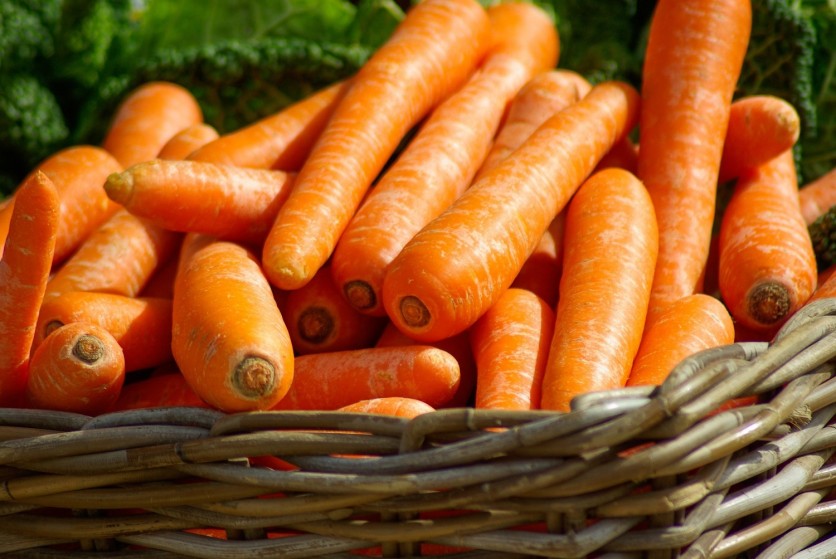A new beauty trend dubbed the "carrot tan" is gaining popularity on TikTok. Advocates claim that consuming three carrots a day can make people tan. But the question remains: Is this a legitimate skincare solution, and is it safe?
Lauren Ball, professor of Community Health and Wellbeing at The University of Queensland, and Emily Burch, a dietitian, researcher, and lecturer at Southern Cross University, provide insights into the science behind this trend published in The Conversation.

The Science Behind 'Carrot Tan' TikTok Trend
It is important to delve into carotenoids to understand the science behind this TikTok trend. These natural pigments, prevalent in fruits and vegetables, are similar to nature's paint that produces shades of red, orange, and yellow, according to the two experts.
Beta-carotene, the specific carotenoid found in carrots, is responsible for their vibrant orange hue. Once ingested, the body's digestive system breaks down beta-carotene into two molecules of retinol, also known as vitamin A.
This vitamin is pivotal for crucial bodily functions like vision, reproduction, immunity, and growth. Crucially, the body regulates the conversion of beta-carotene to vitamin A based on its requirements.
When vitamin A levels are sufficient, this conversion process slows down or halts altogether. Excess beta-carotene is either stored in the liver and fat tissues, excreted through waste, or expelled via sweat glands in the skin's outer layer.
This accumulation can lead to what's medically termed carotenoderma, resulting in a yellowish-orange pigmentation distinct from the bronzed hue of a suntan. Carotenoderma is most concentrated on the palms, soles, and smile lines.
While carrots are a rich source of beta-carotene, experts noted that they are not the sole contender. Dark, leafy greens, other select yellow and orange produce, and various fruits also boast significant beta-carotene content. Additionally, this carotenoid is present in herbs like parsley, basil, and chives, as well as spices like chili powder and sun-dried tomatoes.
Can Carrot Change Your Skin Tone?
The experts noted that a mere few days of heightened carrot consumption are unlikely to result in visible changes in skin tone. No rigorous trials have substantiated a direct correlation between daily carrot intake and skin color alterations.
However, they cite medical evidence suggesting that carotenoderma can manifest when blood beta-carotene levels exceed 250-500 µg/dL. In a published case report, a notable instance occurred when an individual consumed roughly three kilograms of carrots weekly, equating to approximately seven large carrots per day.
This extreme intake induced discernible skin color changes. Nevertheless, experts asserted that a sustained regimen of consuming at least 10 carrots daily for a few weeks would be necessary for noticeable shifts in skin tone.
The efficacy of this practice is contingent upon several variables, including carrot variety, size, ripeness, preparation method (raw or cooked), and whether the vegetable is consumed with a fat source. Additionally, an individual's weight and gastrointestinal health can influence the absorption of beta-carotene.
In summary, while carrots are indeed a nutritious addition to one's diet, and beta-carotene plays a vital role in bodily functions, the experts claimed that they can lead to a "natural tan" but warrant careful consideration. As with any health trend, it's prudent to approach it with a balanced perspective, ensuring it complements a diverse and well-rounded diet.
Related Article : TikTok Videos About Illegal Bodybuilding Drugs Appear to be Promoted and Downplayed Among UK Teens





